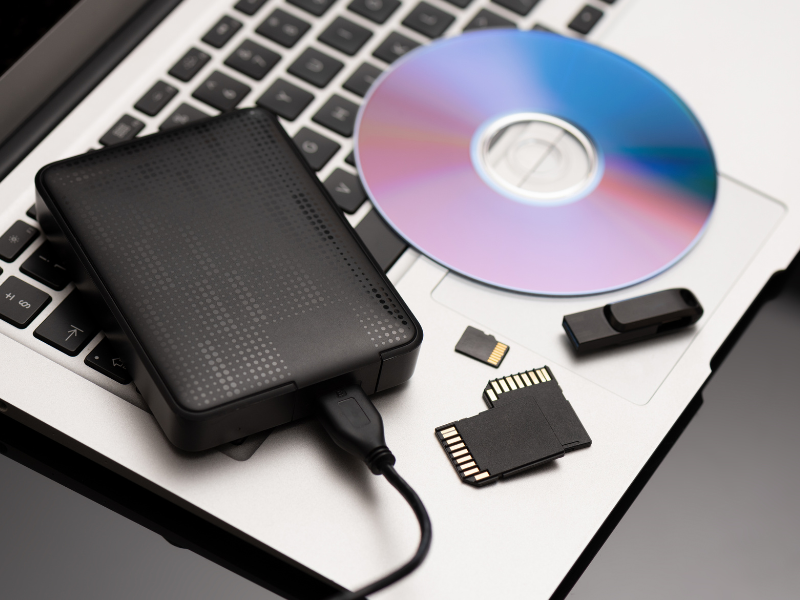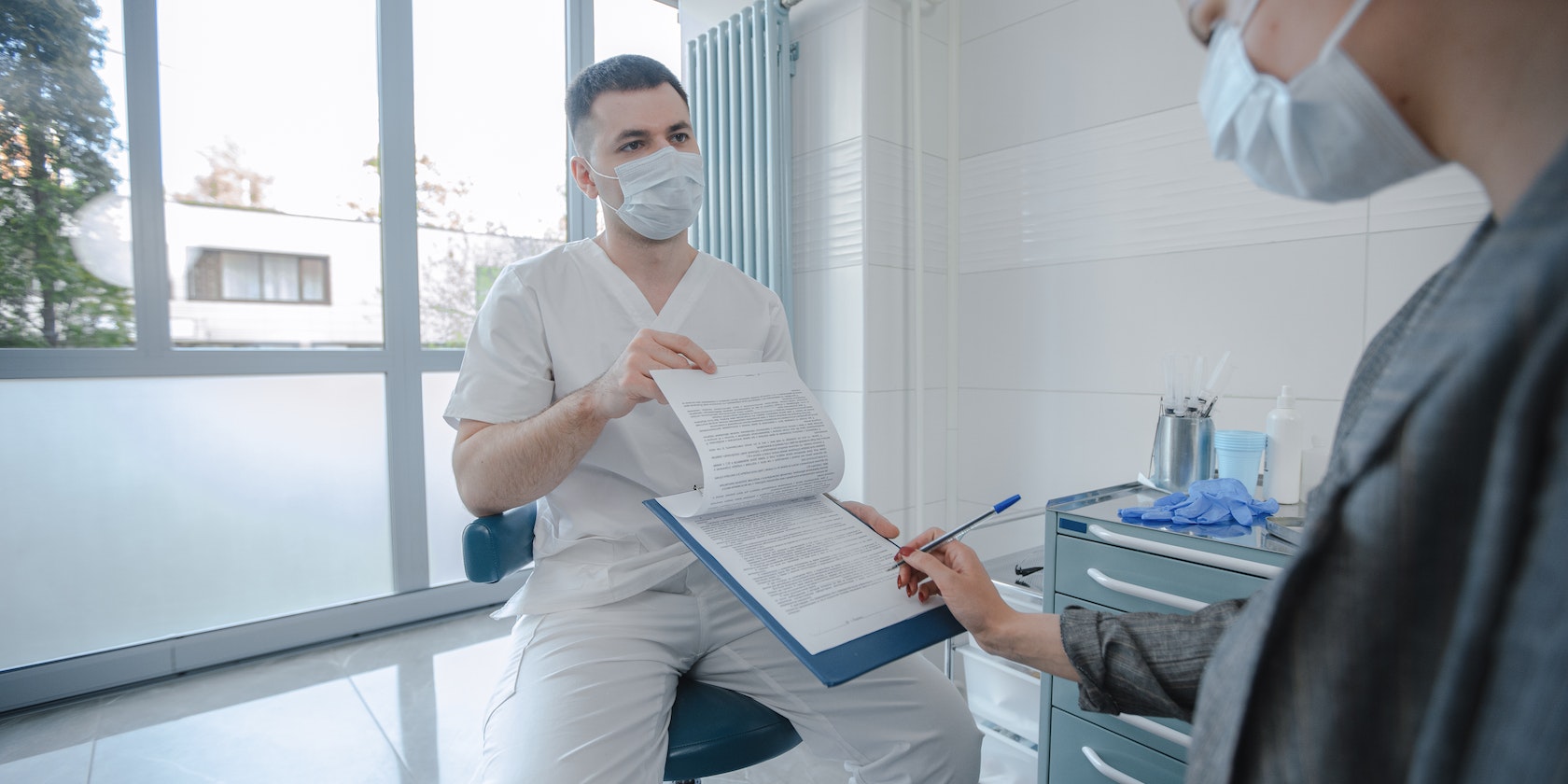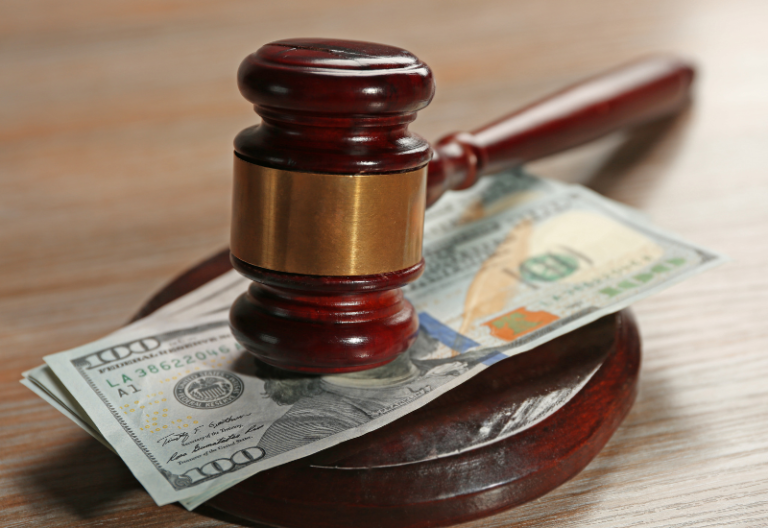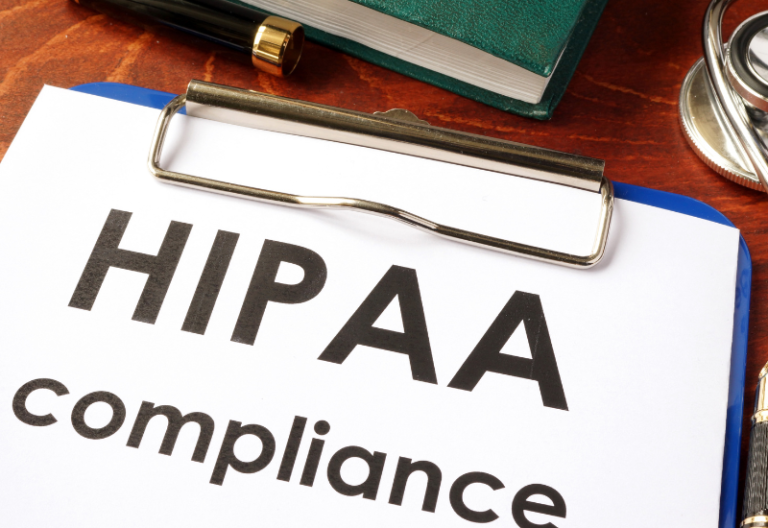Audio recording can be a powerful tool in healthcare. In the era of telehealth, recording can enhance diagnosis, treatment, and communication. But despite its massive potential for improving healthcare services, audio recording also carries significant privacy risks that can lead to HIPAA violations.
Access control is crucial in maintaining the privacy of recorded conversations. HIPAA-compliant audio recording is, therefore, a must. Here’s how healthcare providers can avoid HIPAA violations when recording discussions between patients and healthcare staff.
Table of Contents

Understanding HIPAA Regulations on Audio Recording
The HIPAA Privacy and Security Rules place the highest importance on patient privacy and data security. According to the Department of Health and Human Services (HHS), “conversations your doctor has about your care or treatment with nurses and others” are considered protected information. Audio recordings often capture sensitive conversations containing protected health information (PHI). Recognizing the importance of keeping the confidentiality contained in recordings is the first step in ensuring the highest standards of patient care.
Knowing and understanding HIPAA should be a priority. HIPAA rules require informed patient consent, proper documentation, and the implementation of security measures to protect recorded health information. Healthcare providers should also explain the purpose and nature of recording and ensure that the audio recordings are securely stored and accessed only by authorized personnel.
Risks and Consequences of Unauthorized Audio Recording
There are substantial risks when using audio recordings in healthcare. Since recorded conversations are stored and can be shared with others, unauthorized access can expose patients’ private medical discussions and data. Identity theft, insurance fraud, and other forms of data misuse become matters of concern. Moreover, the unintentional sharing or leakage of recorded conversations erodes patients’ trust in the healthcare system.
HIPAA breaches have severe consequences. If the Office for Civil Rights (OCR) under the HHS finds that a healthcare provider is negligent, the provider can suffer legal and financial repercussions. Civil penalties can even reach hundreds or millions of dollars depending on the intent and extent of the violation and corrective actions taken.

Examples of Audio Recording HIPAA Violations
Here are some of the common examples of common HIPAA violations when recording audio:
Recording patient conversations without consent
Obtaining consent before recording a conversation with a patient should be part of any healthcare provider’s privacy guidelines. Patients should sign a valid HIPAA authorization if a discussion with healthcare staff will be recorded.
Storing audio recordings insecurely
The HIPAA Security Rule provides guidelines on securing medical records. Physical safeguards should be ensured, such as placing locks or using biometrics in physical facilities. In addition, technical safeguards such as data encryption, strong passwords on devices, and proper data disposal should be implemented. Lastly, healthcare providers should also ensure administrative safeguards, such as providing only the minimum necessary information to only authorized personnel. Negligence on any of these safeguards could lead to a HIPAA violation.
Sharing audio recordings without proper authorization
Sharing audio recordings and video recordings without obtaining authorization from patients can have dire consequences. Patients’ data can end up in the wrong hands and be used for criminal activities. Even if healthcare staff share audio recordings unintentionally, this could still lead to a HIPAA violation with fines and penalties.

Ensuring HIPAA-Compliant Audio Recording
Healthcare providers can avoid HIPAA violations by implementing the following guidelines:
Obtain proper consent for audio recording
Healthcare providers should always require patient consent before recording any conversation. Provide staff with a HIPAA consent form that clearly explains privacy policies. Patients should also be warned against recording other patients without permission. Providers can use informational signage to remind patients and staff about this.
Use secure storage and encryption of audio data
HIPAA rules require using secure storage and data encryption. Physical storage devices should be housed in secure facilities and protected by passwords and other authentication methods. Data that is stored, sent, or maintained should be encrypted.
Implement access controls and audit trails
Video surveillance systems should be in place to monitor access to sensitive data. Access to data should be restricted to authorized individuals directly involved in the care of the patient who is the subject of the recording. If someone accesses an audio recording, the access activities should be logged in detail through audit trails to ensure accountability.
Comply with HIPAA Guidelines When Recording Audio
For healthcare providers, taking preventive steps and implementing best practices is a shared responsibility. Clearly defined guidelines for audio recording should be part of providers’ privacy policies and HIPAA training. These guidelines should ensure that patient consent is obtained and that protected health information is recorded, stored, and shared according to HIPAA rules.
Recording audio in a healthcare setting carries inherent risks. However, ensuring HIPAA compliance minimizes these risks. Healthcare providers should always stay updated on HHS guidelines to ensure they follow the latest protocols for safeguarding patient privacy.







